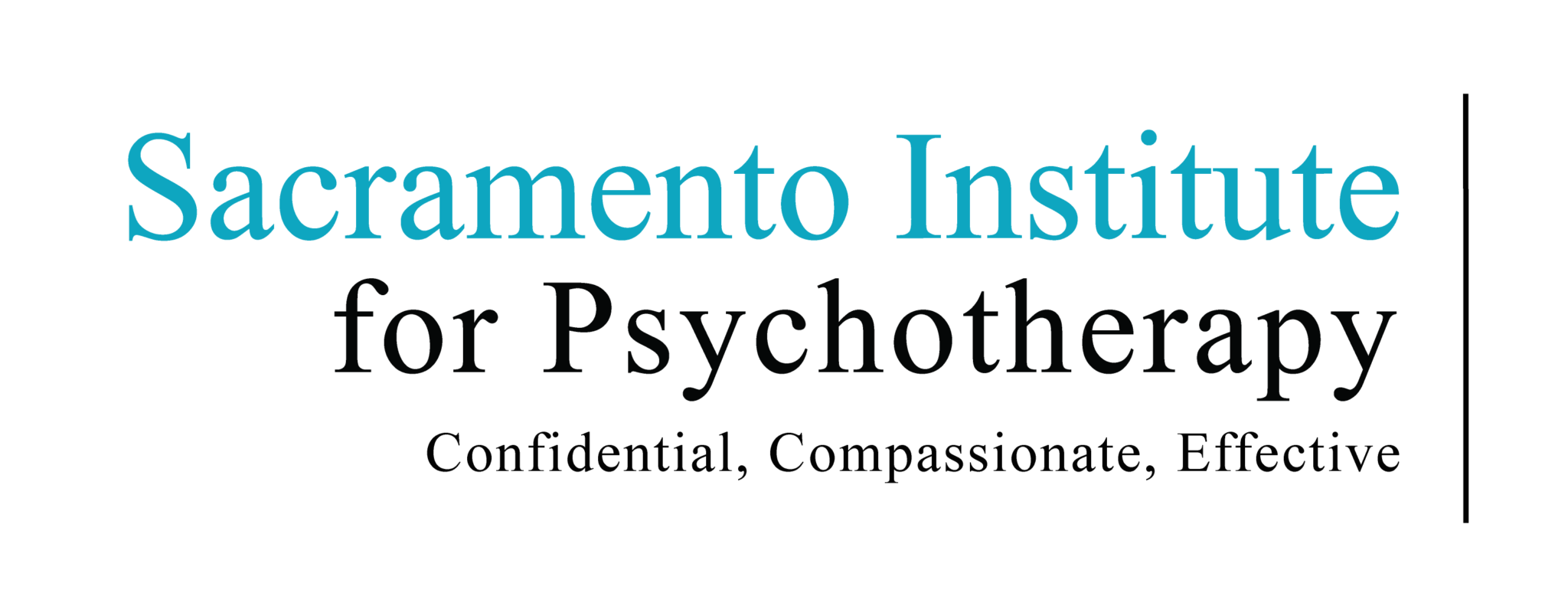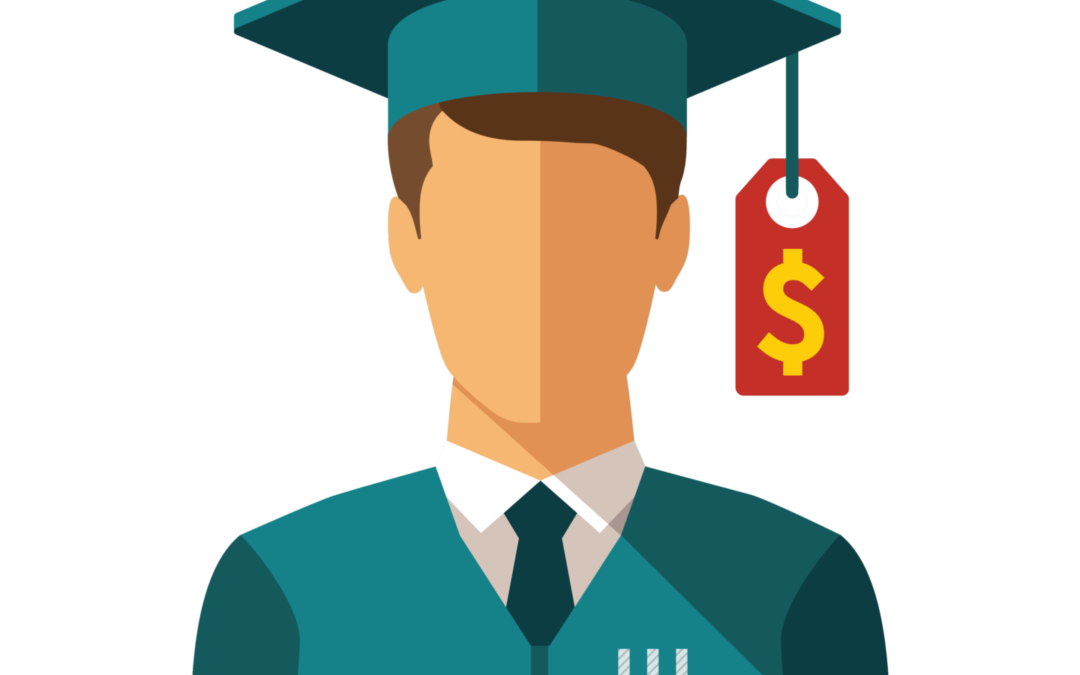[Note: This article was last updated in 2016. There have been many changes to the student loan landscape since then. Please reference StudentAid.gov for updated information.]
According to the APA’s 2009 doctoral employment survey, the average psychologist leaves graduate school with $88,610 in student loan debt. If that is not frightening enough, as of 2009, approximately 20% of Psy.D. graduates left graduate school with over $160,000 in student loan debt. These numbers are HUGE considering that psychologists can expect to make only $60,000 at the beginning of their post-licensure career. This debt to potential income differential is a growing problem for graduates and has left debt-ridden graduates despondent. Many doctoral graduates are finding themselves on welfare, and I’ve even heard stories of graduates committing suicide because they feel their lives are over due to student loan induced indentured servitude. If you are reading this and are feeling despondent, don’t fear. I HAVE GREAT NEWS! Psychologists have a number of options to deal with ginormous student loan debt. There is Loan Consolidation, Loan Forgiveness, and Loan Repayment.
STUDENT LOAN CONSOLIDATION FOR PSYCHOLOGISTS:
Before you do anything else, Consolidate Your Student Loans! For most of the Repayment and Forgiveness programs, you must consolidate your loans with the Federal Government before you are eligible for all the cool repayment/forgiveness programs. This means that the U.S. Federal Government will “buy up” all the eligible student loans that you own and will smush them into one single loan that you will owe directly to the government. This is a good thing because 1) it allows for a single monthly payment, 2) it can SIGNIFICANTLY reduce your monthly student loan payments, and 3) it makes you eligible for all the cool programs I am about to describe. Before you go any farther in reading this article, GO HERE and consolidate now! Call the number on that website and a counselor will help you with the very simple process. It should only take about 10 minutes. I know their website is ugly, but they are very friendly and helpful.
STUDENT LOAN REPAYMENT PLAN FOR PSYCHOLOGISTS:
Now that you have consolidated your loan, you are eligible for a few reduced rate repayment plans. Here are two: The Income-based Repayment Plan, and the Pay As You Earn Repayment Plan.
Income Based Repayment (IBR) Plan:
This plan can allow you to reduce your current monthly student loan payments significantly. You pay 15% of your adjusted gross income per year above 150% of the poverty level. That sounds weird so let me explain. The government estimates how much money a person would have to make to be considered “above the poverty level”. If you are a single person in the continental US, that number would be $11,170 (see chart below):
| Persons in Family | Lower 48 | Alaska | Hawaii |
| 1 | $11,880 | $14,840 | $13,670 |
| 2 | $16,020 | $20,020 | $18,430 |
| 3 | $20,160 | $25,200 | $23,190 |
| 4 | $24,300 | $30,380 | $27,950 |
| 5 | $28,440 | $35,560 | $32,710 |
| 6 | $32,580 | $40,740 | $37,470 |
| 7 | $36,730 | $45,920 | $42,230 |
| 8 | $40,890 | $51,120 | $47,010 |
| Each additional | $4,160 | $5,200 | $4,780 |
Once you have found your poverty level number, multiply that by 1.5. For our example of a single person, 1.5 x the poverty level of $11,880 = $17,820. So 150% of your poverty level would be $17,820. If you made $50,000 last year, your income ($50,000) – 150% of your poverty level ($17,820) = $32,180. You would have to pay 15% of $32,180 which equals $4827 or approximately $402.25 per month. That is a doable payment for most people.
Here is the second cool thing about the Income Based Repayment Program. After making these payments for 25 years, all of your remaining student loan debt is forgiven! That’s right…. Completely forgiven. Now, you do have to pay taxes on the money that is forgiven, but this is still an amazing deal.
Pay As You Earn Repayment (PAYE) Plan:
This plan is almost identical to the Income Based Repayment Plan except that you only have to pay 10% (as opposed to 15%) of your income above 150% of the poverty level, and the loans are forgiven after 20 years. Using the same example from above, If you made $50,000 last year, your income ($50,000) – 150% of your poverty level ($17,820) = $32,180. You would have to pay 10% of $32,180 which equals $3218 or approximately $268.16 per month. That is 50% less than the Income Based Repayment Plan, and after only 20 years, the remainder of your loans are forgiven.
The only catch with this program is that you will have to check your eligibility as the program is only available to students who have recently graduated. Your loan counselor at the Federal Loan Consolidation service can help you evaluate your eligibility for each of these programs.
Revised Pay As You Earn Repayment (REPAYE) Plan:
The REPAYE plan was the government’s response to significant pressure from students who took out student loans before October 1st of 2007 and were, thus, inelidgebale for the more advantageous 10% repayment option afforded by the PAYE plan. The REPAYE plan extended the same 20 year forgiveness, 10% (as opposed to 15%) repayment factor on income above 150% of the poverty level to hundreds of thousands of students with loans originating before October 1st, 2007 with one small caveat: anyone who has graduate or professional school loans has a longer 25 year repayment period. It is still a very advantageous plan, however, the extended payment period is a bit of a bummer.
STUDENT LOAN FORGIVENESS FOR PSYCHOLOGISTS:
Now that you are consolidated and in repayment, lets look at ways to get someone else to pay your bills. Did you know that in as little as 10 years from now, you could have all your student loans completely forgiven? That’s right. The Public Service Loan Forgiveness Program works with either of the two consolidated payment plans above and forgives your debt after only 10 years of making these payments. The catch is that you have to work for a public service organization. “Qualifying employment is any employment with a federal, state, or local government agency, entity, or organization or a non-profit organization that has been designated as tax-exempt by the Internal Revenue Service (IRS) under Section 501(c)(3) of the Internal Revenue Code (IRC). The type or nature of employment with the organization does not matter for PSLF purposes (you could be an administrator and it would count). Additionally, the type of services that these public service organizations provide does not matter for PSLF purposes.
Does 10 years seem like a long time? The here’s another option:
STUDENT LOAN REPAYMENT FOR PSYCHOLOGISTS:
The federal government can help you repay all your student loans in a very short time if you sign up for the National Health Service Corp’s (NHSC) Loan Repayment Program. Not only that, but they will even help you find an eligible job! Through their program, psychologists take a job at a site that has been designated as “underserved”. There, the employer pays you as a normal employee, however, the NHSC pays off your loan at a rate of $30,000 per year. Without making any loan payments yourself from your salary, you can pay of:
| FORGIVEN DEBT | YEARS OF WORK | |
|---|---|---|
| $60,000 | in | 2 years |
| $90,000 | in | 3 years |
| $120,000 | in | 4 years |
| $140,000 | in | 5 years |
| $160,000 | in | 6 years |
| $180,000 | in | 7 years |
| $200,000 | in | 8 years |
| $220,000 | in | 9 years |
| $240,000 | in | 10 years |
| $260,000 | in | 11 years |
| $280,000 | in | 12 years |
| $300,000 | in | 13 years |
| $320,000 | in | 14 years |
| $340,000 | in | 15 years |
| $360,000 | in | 16 years |
Cons of This Option:
- You have to work at a site designated as an “NHSC Approved Site”. If you have a family and cannot move, this may not work for you.
- You have to commit to a contract with the NHSC for a minimum of 2 years. If you break this contract, there are major financial penalties.
Pros of This Program:
- You can pay off your loans QUICKLY!
- While you have to work at a NHSC approved site, many of these sites are located in metropolitan areas and there is likely a site near you. Also, you can petition the NHSC to approve the site at which you currently work!
CREDIT CARD AND OTHER HIGH INTEREST DEBT:
Get this taken care of IMMEDIATELY. While your student loans may be at a very low interest rate, credit cards can pile up so fast that you can lose control of them. At 30% interest, a $10,000 loan will swell to $28,561 in only 4 years! Call a credit counseling agency that is approved by the Better Business Bureau and get on a repayment plan now! They can work with your creditors to reduce your interest rate, reduce your outstanding balance, and greatly improve your credit.
CONCLUSION:
You may be up to your ears in student loan debt right now, but you are not alone and you are not helpless! Consolidate your student loans today. Get on a repayment plan that matches your means. Sign up for the Public Service Loan Forgiveness Program or the National Health Service Corp’s (NHSC) Loan Repayment Program to get your loans repaid. Call a credit counseling agency if you have any credit card or other high interest debt. And finally…. Relax… You made it through graduate school. The rest is a piece of cake!
If you think I can help out, feel free to call me at 916-722-7792. I am not an accountant or a certified credit counselor, but I’ve fought with student loans and maybe I can direct you to the right place.
Your’s In Health,
Nathaniel Mills

Recent Comments